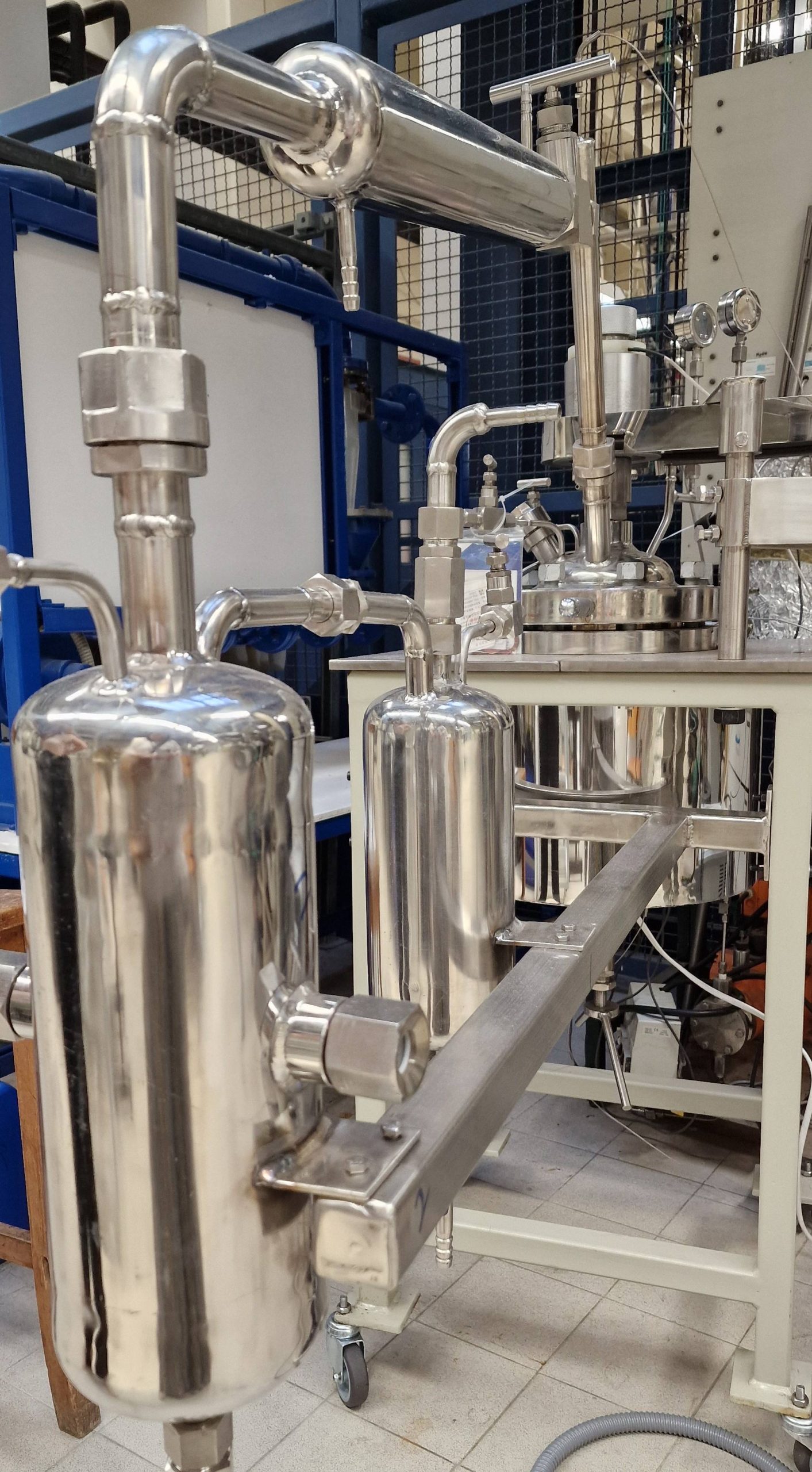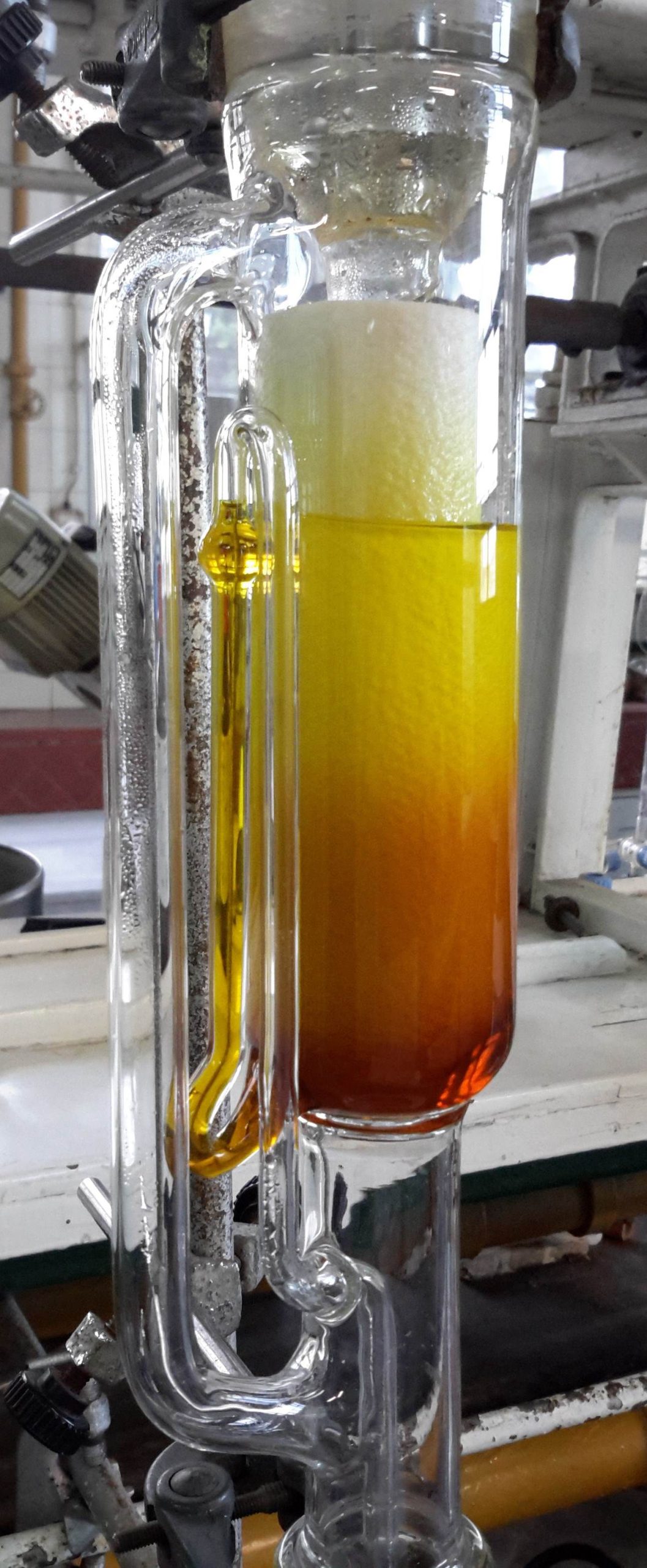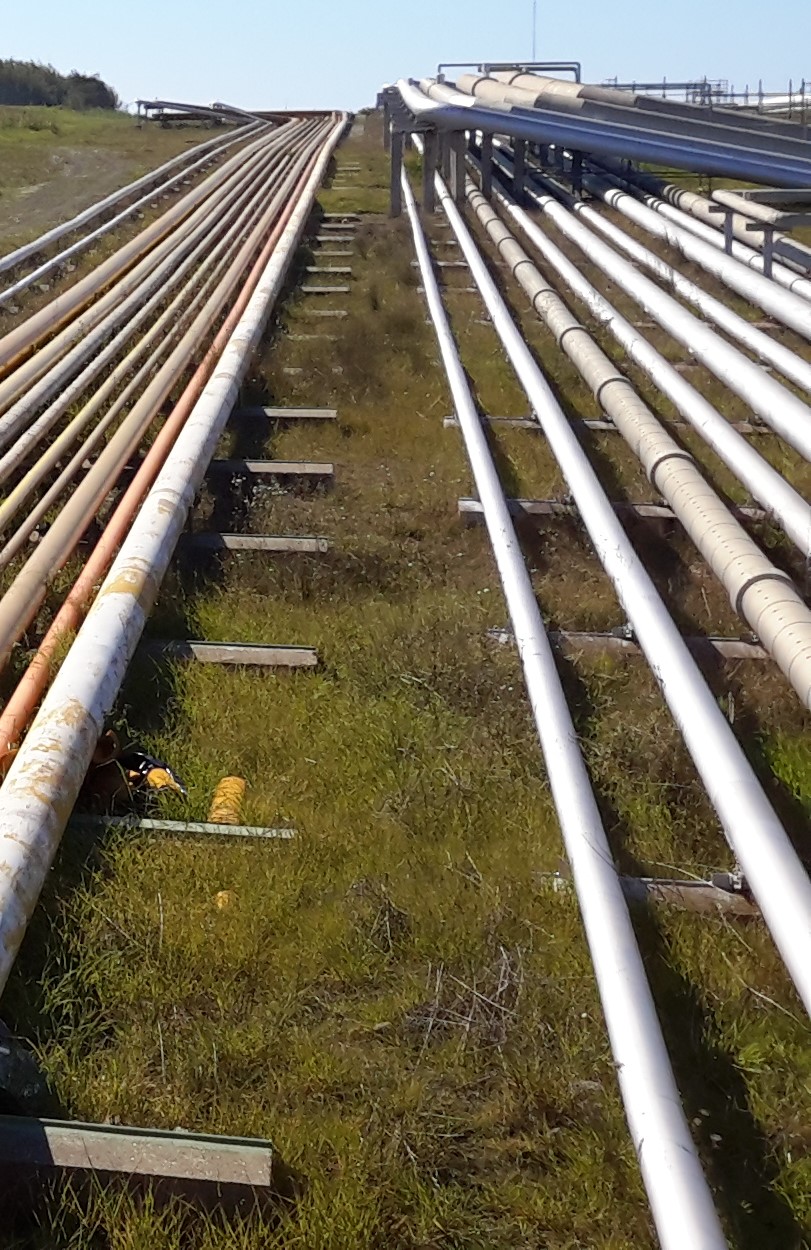Doctoral Programmes

Doctoral Programmes:
 | A PhD in Chemical Engineering can lead to a range of professional career development opportunities in industry, at university or in research institutes. Existem várias áreas novas e emergentes para investigação e desenvolvimento em Engenharia Química: . Sustainable manufacturing processes: to reduce waste/effluents, energy consumption and environmental impact and contribute to decarbonisation and climate change prevention. . Advanced materials: Chemical engineers are increasingly involved in the design and development of advanced materials with unique properties and applications, such as nanomaterials, biomaterials and materials for the electronics industry. . Process intensification: to design and optimise chemical processes to be more compact, less polluting, energy efficient and economical. . Artificial intelligence and machine learning: applying these technologies to optimise chemical processes and develop new materials and products. . Biotechnology and bioengineering: rapidly growing areas of research and development in Chemical Engineering, with applications in health, energy and agriculture. Development of new bioprocesses, biofuels and biomaterials, among other areas. |
 | The world is improved and enriched by Chemistry. The United Nations 17 Sustainable Development Goals provide guidelines for solving global challenges. Chemistry undoubtedly holds the solution, but a lot of research and innovation is needed to ensure effective implementation. The Chemical Engineering Department (DEQ), aligned with its associated Research Units (IBB, CeFEMA, CERENA and CQE), offers the Doctoral Program in Chemistry, a flexible program that allows students to select curricular units adapted to their training and individual research interests. By providing vibrant interdisciplinary research, our PhD program offers comprehensive, modern and autonomy-oriented advanced training in the various areas of this exciting science, from theoretical to experimental methodologies and from fundamental to applied approaches. |
 | The Doctoral Program in Refining, Petrochemical and Chemical Engineering(EngIQ) involves an unprecedented partnership in Portugal made up of five Portuguese universities (the University of Aveiro, the Faculty of Science and Technology of the University of Coimbra, the Faculty of Science and Technology of the New University of Lisbon, the Faculty of Engineering of the University of Porto and the Higher Technical Institute of the Technical University of Lisbon), in close collaboration with the Association of Petrochemical, Chemical and Refining Industries (AIPQR). The doctoral plan comprises a doctoral course (in the first year), with compulsory and elective curricular units, followed by research work leading to the preparation of the doctoral thesis, developed in a business environment and focusing on topics proposed by the companies associated with the program. |